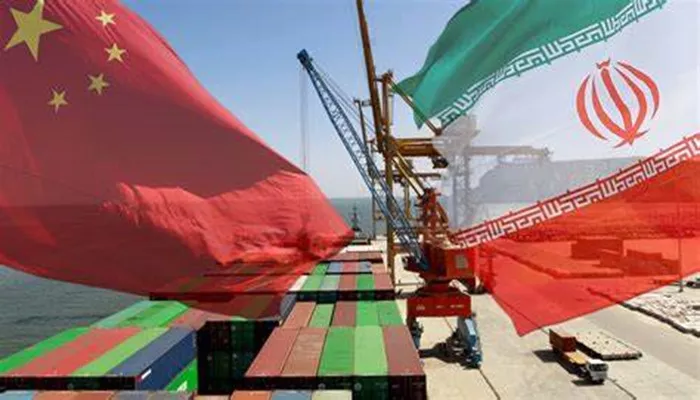In a rare critique of Iran’s economic ties with China, a senior Iranian trade official has expressed concern over the nation’s overwhelming reliance on Beijing for its oil exports, warning of a potential “colonial trap” driven by sanctions and economic isolation.
Hojatollah Mirzaei, head of the Research Center at the Iran Chamber of Commerce, revealed that over 92% of Iran’s oil exports are directed to China, often sold at steep discounts of up to 30%. He lamented the lack of bargaining power Tehran holds in these transactions, describing a lopsided dynamic where China dictates payment terms and spending priorities.
“China dictates how payments are made,” Mirzaei said. “For instance, they might say, ‘Use this money to buy electric buses at the price we set.’ Then, Tehran’s municipality proudly announces, ‘We brought you electric buses.’”
The remarks came during a budget review session on Wednesday, where Mirzaei highlighted the economic toll of sanctions. He explained that logistical hurdles, such as covert shipping and insurance for oil exports, consume more than half the value of each barrel.
“These sanctions have trapped us in a nineteenth-century colonial trap, leaving the government no choice but to manage the economy at significantly higher costs than normal,” he said.
Iran’s reliance on China stems from the crippling effects of U.S.-led sanctions, which have limited the Islamic Republic’s access to global markets. As the world’s largest oil importer, China remains one of the few countries willing to purchase Iranian oil, often facilitated by “ghost fleets”—vessels that turn off transponders and obscure ownership details to avoid detection.
While the Sino-Iranian partnership provides a lifeline to Tehran, Mirzaei’s criticism underscores the mounting strain of dependence on a single economic powerhouse. His comments reflect growing unease within Iran about the broader implications of its deepening ties with Beijing.
Related topic:
India Eyes Guyana’s Oil Reserves as Key to Energy Security
OPEC+ Weighs Key Production Decision Amid Market Uncertainty

